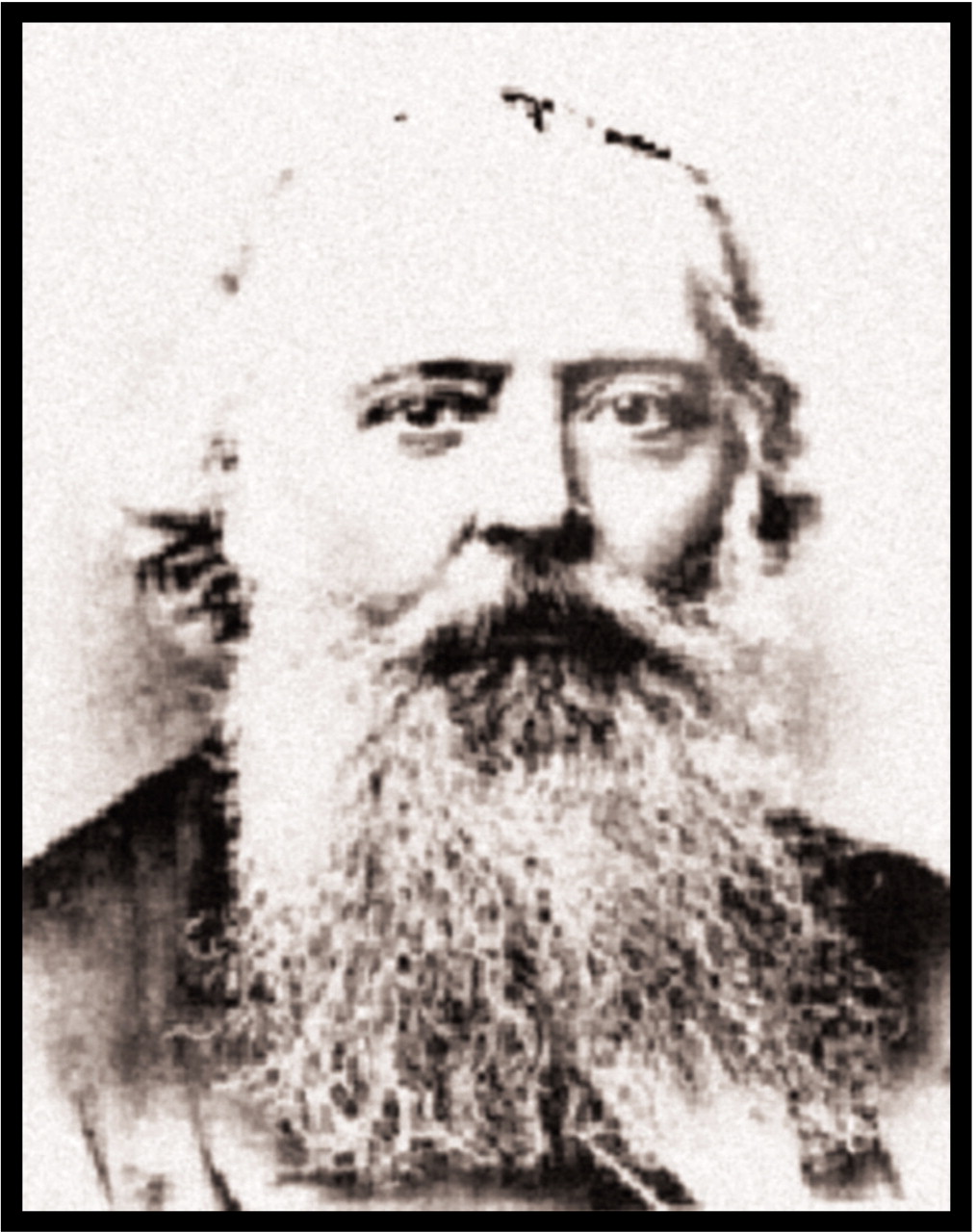The interests, avocations, publications, and research career of
Johann Ludwig Wilhelm Thudichum were unusually rich and diverse, although his primary devotion—lasting to the end of his life in 1901—was the relatively unknown field of brain chemistry. He performed chemical analyses on over a thousand brains, both human and animal, and has been called the first English biochemist and the world’s first pathological chemist
(1)). His career was characterized by voluminous work, although during life he failed to achieve the acclaim he deserved. His greatest work,
A Treatise on the Chemical Constitution of the Brain (2), raised great criticism and garnered outright rejection by the most prominent scientists of the era, those with the most to lose if surpassed by one of lesser prominence and reputation.
Thudichum was born in Büdingen, Germany, on August 27, 1829. In 1847, at the age of 18, he began medical school at the University of Giessen, where he worked after hours in the laboratory of Julius Liebig, the foremost chemist of his day. It was in Liebig’s laboratory where Thudichum developed an interest in biological chemistry. Over his 50-year career as lecturer, practitioner, chemist, author, laboratory director, public health official, and researcher, his creative and pragmatic nature spawned both innovation and a deeper understanding of the human body. He is honored by ear, nose, and throat physicians for his invention of the nasal speculum; by gastrointestinal physicians for his classic early work on gallstones; and by urologists for
A Treatise on the Pathology of Urine, Including a Complete Guide to Its Analysis (3). Outside the field of medicine he gained recognition as the author of seminal works on the history and science of wines and cookery.
Neuroscience honors Thudichum for his visionary understanding of the brain as an organ that could be understood chemically, i.e., that the pathway to treating brain disease could become available once a chemical profile of the brain was achieved. Over years of meticulous toil, usually performed in his home laboratory, he isolated, characterized, and named numerous brain-derived compounds such as cephalin, sphingomyelin, galactose, lactic acid, and sphingosine. He criticized and disproved the concept that brain matter was composed of a single giant molecule, protagon, that determined the various specialized properties of the brain. Like his contemporaries Darwin and Mendel, many of his ideas were beyond the conventional thinking of his day. His attempts to understand the chemistry of the brain were often hotly debated and mocked. At times, even his personal character was attacked, as well as his honesty and motives. In the scientific press, he was called a “liar” and accused of “patent falsification.” Time, however, has awarded him victory. Ultimate vindication came in the 1930s when samples of his carefully extracted brain isolates were rediscovered, re-analyzed via modern techniques, and found to be both chemically pure and of the molecular composition that Thudichum had asserted.
An innovative and inscrutable scientist, Thudichum lived and worked by the maxims he preached: “Scientific work, unless accurately done, had better not be done at all,” and “Preconceived opinion is the pretended assumption by man of godly attributes which he does not possess.”
Thudichum promised in his treatise that students of the brain would find it “the most diversified chemical laboratory of the animal economy,” suggesting that the most elaborate chemical structures and combinations, processes, and conditions would render previously unfathomable “mental phenomena and their aberrations under the influence of disease… much less difficult”
(2). As with Galileo’s theory of heliocentrism, no contemporary could have known how close he came to what today we understand as the crux of neuroscience. He was not the first to approach the field of brain chemistry, but he commanded a scientific rigor and prophetic foresight commendable in any field
(4). Thudichum’s career and achievements still serve as a model for modern-day brain scientists.


